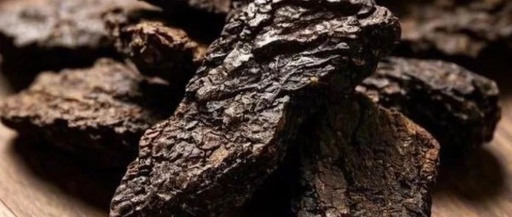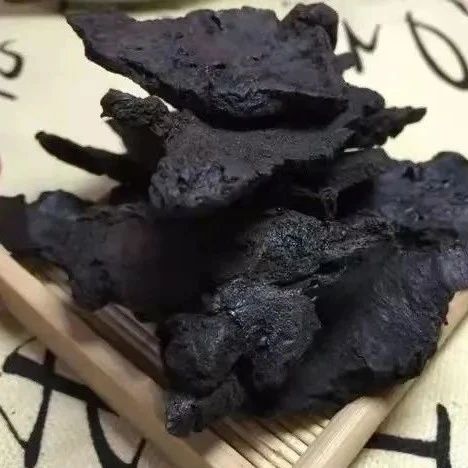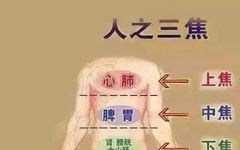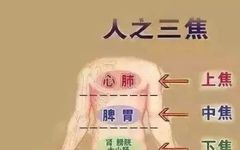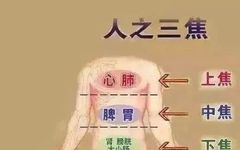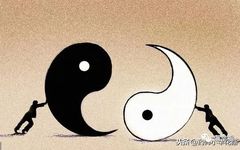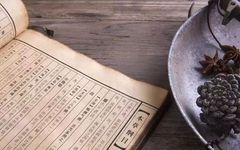Shu Di Huang (Rehmannia Glutinosa) – Benefits, Preparation, and Modern Research
Shu Di Huang (熟地黄) is prepared from the tuber of Rehmannia glutinosa, belonging to the family Scrophulariaceae. It is categorized into three types: fresh Di Huang (鲜地黄), raw Di Huang (生地黄), and Shu Di Huang (熟地黄), each differing in efficacy and application. Preparation Method Typically, dried Di Huang is mixed with yellow wine and steamed … Read more

